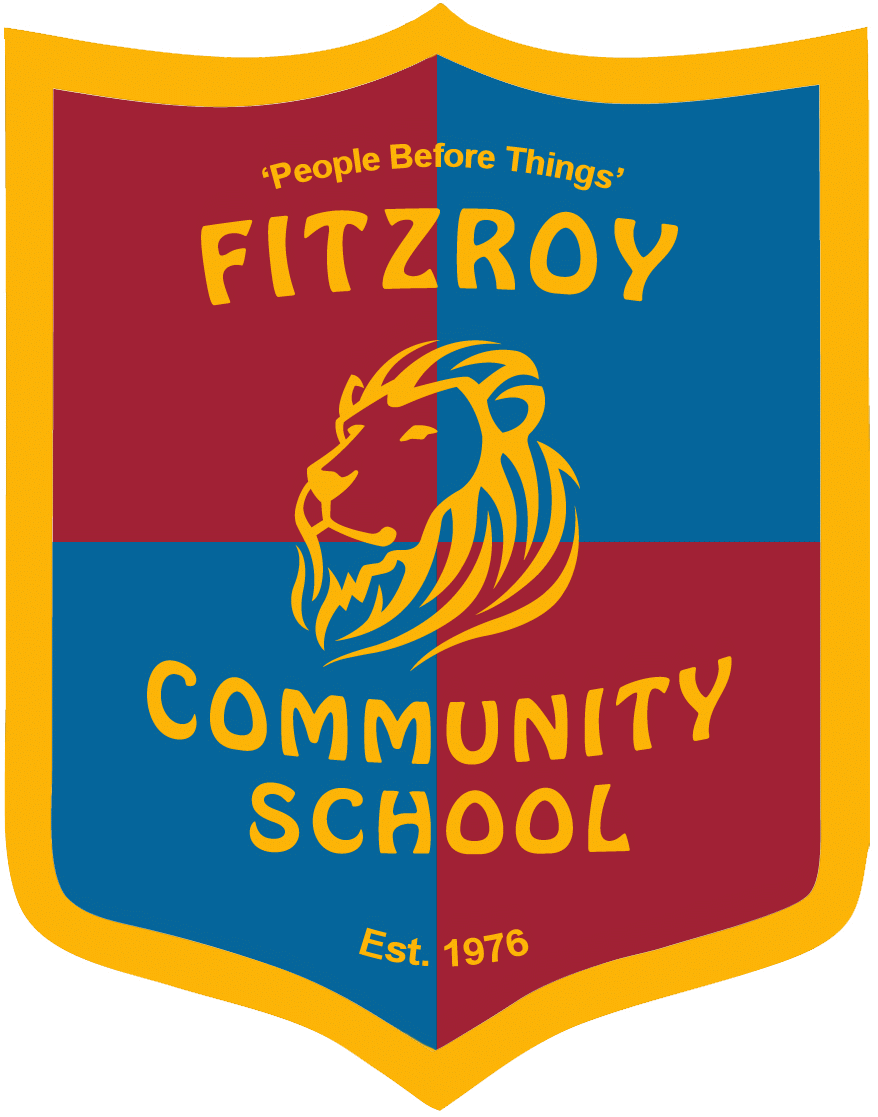Tim's Thesis
Education for Peace Requires the Growth of the Whole Child
Dissertation Prepared by Timothy Berryman toward the M.Litt program in Peace Studies at the University of New England, 2000.
(download full version (pdf, 360kb))
![]() To read the full version of Tim's thesis, Adobe Acrobat Reader (.pdf) is required. To download the free version of this program, click here
To read the full version of Tim's thesis, Adobe Acrobat Reader (.pdf) is required. To download the free version of this program, click here
0.0 Abstract
This dissertation has three major areas of thought: deschooling, Summerhill as the representative of alternative schools, and violence and peace theory. The dissertation begins with a brief introduction (1.0). Violence theory (2.0) is followed by the deschooling (3.0) movement’s critique of traditional schooling in terms of the hidden curriculum, a critique with many parallels to that of structural violence. Summerhill (4.0) is then presented as a school that was established and run so as to avoid the dis-empowering of the child that is so frequent in traditional schooling, a school in which every attempt has been made to establish a peace orientated culture. Peace theory (5.0) follows this briefly, and then again in more detail in (6.0) where its application to practice in the traditional school system is examined. Peace studies courses (7.0) are presented, along with the problems inherent to establishing them in school. Two plans for the future (8.0) follow, but these are not intended to be the only possibilities. The conclusion (9.0) examines the mono-dimensional school system (within a framework of global diversity), and follows with two recent innovations, one at the micro level, another at the macro, and ends with the maxim: peace by peaceful means.
1.0 Introduction
School is the advertising agency that makes you believe that you need society as it is (Illich,1971, p.114).
The education system, as an instrument of knowledge, liberation, freedom, democracy, empowerment, indoctrination and social control, even peace, has been written on before, so why this thesis?
I believe in peace – peace as absence of violence, peace as the absence of prejudice, peace as universal justice; peace as individuals growing, exploring, creating their own lives, lives they want, lives they love. Peace as growth without interference; peace, to use the words of Johan Galtung, as the actualisation of the potential within every individual (1975, p. 110).
This thesis explores the work of three great thinkers: Ivan Illich, the man most frequently associated with the deschooling movement; A.S. Neill, the founder of arguably the world’s most famous school, Summerhill; and Johan Galtung, the founder of modern peace studies. Neill and Illich offer very different perspectives on school and schooling. Neill’s perspective is that of the founder and headmaster of a small, progressive, independent school at which the paths of learning are those chosen by the students themselves, a school where all aspects of school life are created, changed and governed according to the wants of the students. Neill (1964) believes that raising happy, open-minded, independent, tolerant humans requires those involved to let go, and let these children, and later teenagers, determine their own lives, their own learning. Neill (1964, p. 12) thinks that adults, parents and educators who try to ‘mould’ children, create character-less automatons, people who try and fit the expectations of others, of society... robots who adopt the judgements of others, rather than think, judge and decide for themselves, regardless of how ugly conformity becomes. To live happily and joyfully, Neill declares (1964, p. 12), the child must live his own life. To read Neill is to read his story and the story of his children - their struggles, efforts and growth; and his wishes, joys, frustrations, hopes. His character and beliefs emanate through all of his writings, giving them a very personal feel, in which his pipe, study, records (mostly jazz), potatoes and children are described both in detail and with affection.
Illich, on the other hand, is a structuralist, criticising society’s major institutions. His critique of schooling, in Deschooling Society (1971), revolves around his belief that schools ‘school’ - that schools, in other words, teach the need to be taught. Illich thinks that the task of education is to liberate, or empower, the individual: something that he believes schools do not do. Schools are seen, in teaching the need to be taught, to take self-determination from the individual, and to replace personal values with external, institutionally determined ones. Individuals are ‘schooled out’ of their individuality and into accepting the judgements of others, of institutions, into abdicating personal authority, all of which results in the alienation of and from oneself.
These critiques and proposals of Illich (1971) and Neill (1964) are, throughout this work, reviewed, compared and contrasted with and against peace and violence theory - examining the school system, in essence, through a peace and violence filter. Finally, two positive suggestions are made with regard to the future. Summerhill as an example of a school in which structural violence is eliminated, and Illich’s ‘edu-credit vouchers’ as an alternative method of structuring the learning process, again peacefully.
This work is not intended as a depressant, but rather as an inspiration. It asserts that change is not only possible, but that we have, now, today, both the resources and the insight to make it happen. It argues that the structural violence inherent in our current system of education can be eliminated, that education for peace is possible.
Godwin, writing in 1783 (before the introduction of universal schooling), feared school’s potential to control:
Governments will not fail to employ it, to strengthen its hands, and perpetuate its institutions (in Smith, 1983, p. 87).
Education for peace requires that individuals, rather than governments, are empowered by the process of learning. Education for peace, education in peace and by peace, requires the initiative to again be returned to the learner.
Last Updated: Sunday, June 06, 2004 5:00:03 PM
